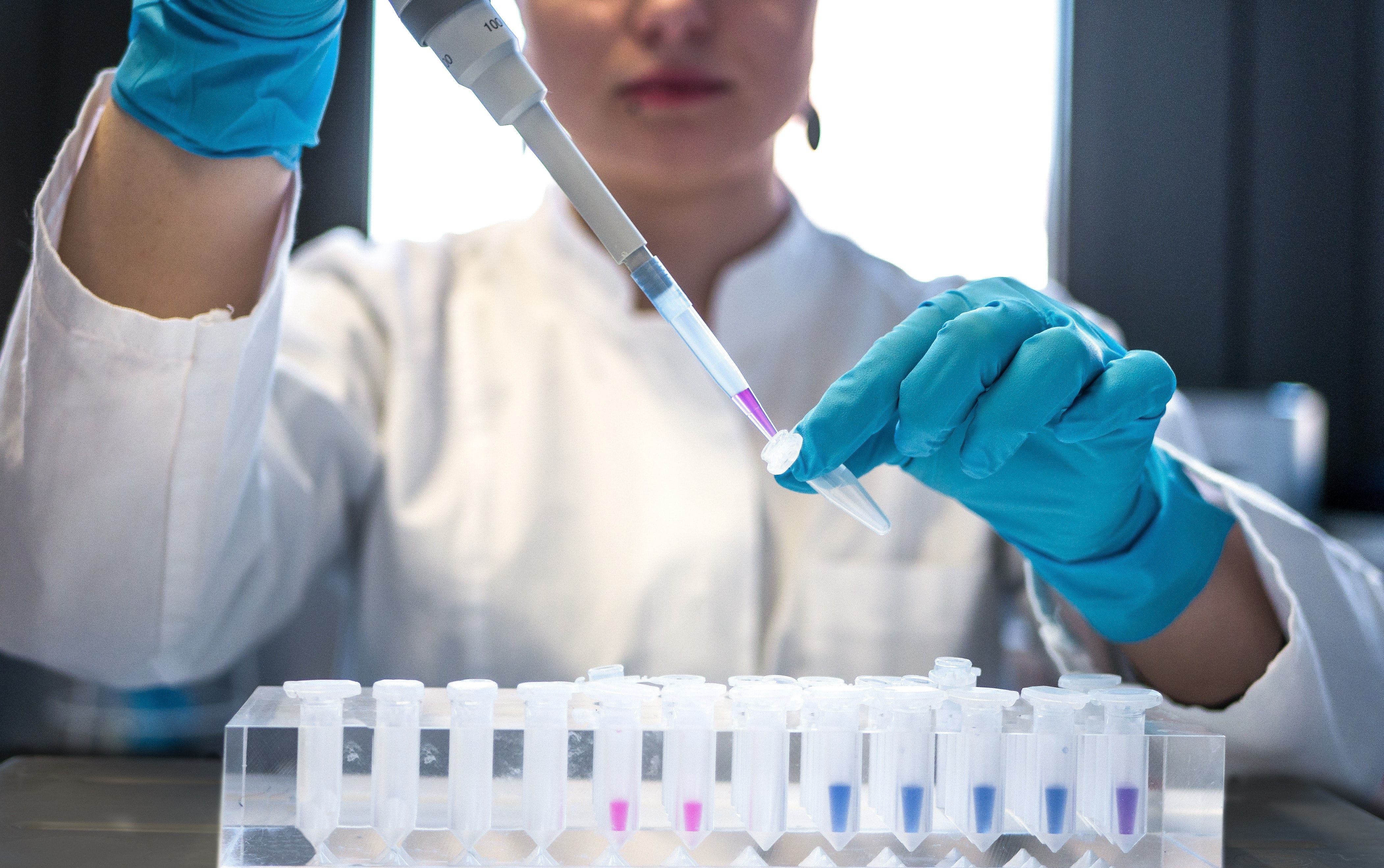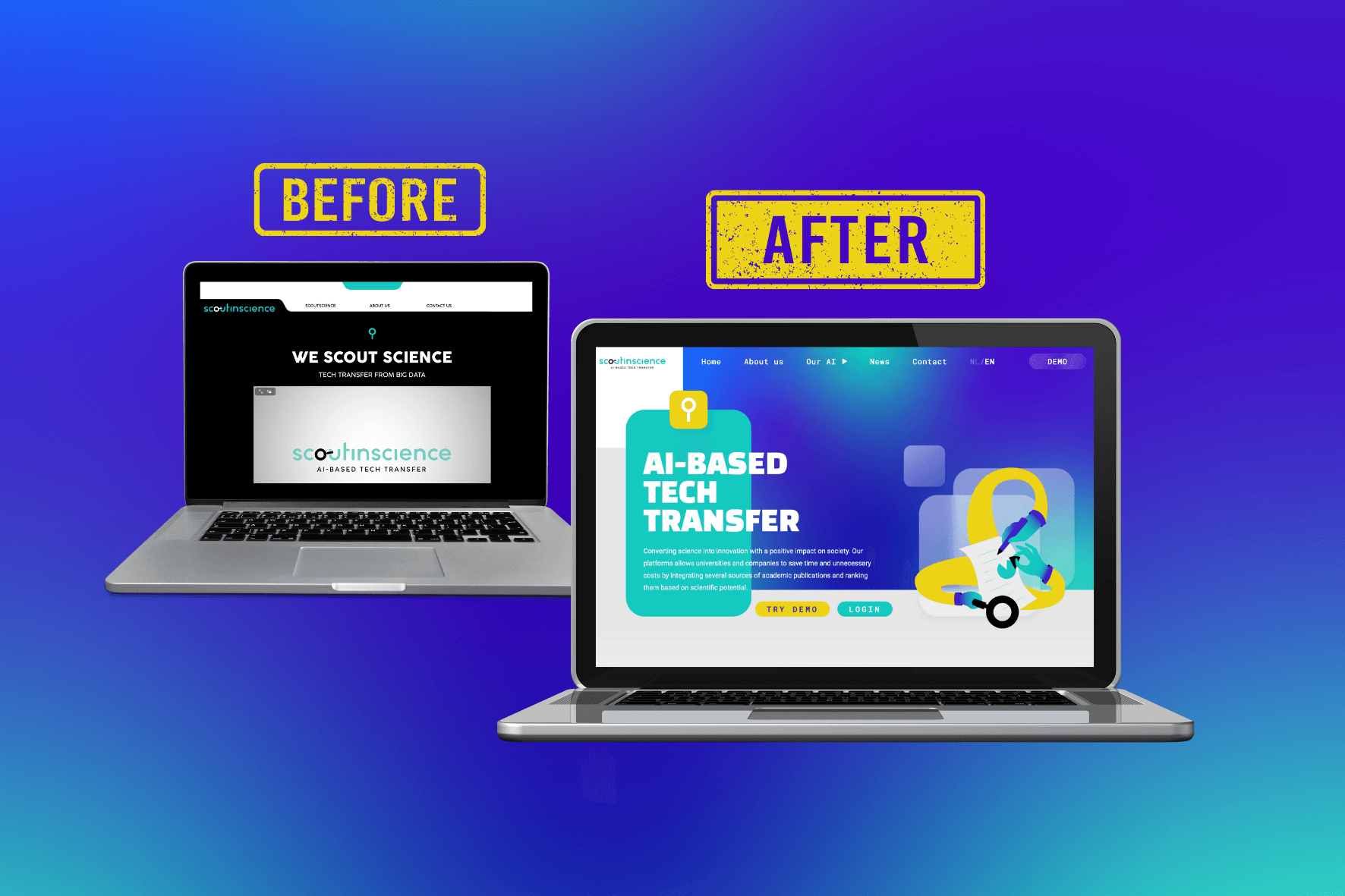Breaking Barriers in Tech Transfer: Highlights from TTT Team Up Day
Tech transfer—bridging the gap between academic research and market impact—is a field filled with challenges and opportunities. While some researchers naturally spin out their innovations into startups, many groundbreaking ideas remain locked within university walls. How do we bring these ideas to life and ensure they contribute to solving societal problems?
This was the focus of a recent episode of the Dutch 4TU.Startups Podcast, recorded during the TTT Team Up Day, where our CEO, Gilles Meijer, shared ScoutinScience’s approach to tackling these challenges head-on.
The Challenges of Tech Transfer
Tech transfer offices (TTOs) are often reactive, waiting for researchers to approach them with potential innovations. But what if the process were reversed? Gilles described how ScoutinScience takes a proactive approach by analyzing scientific publications for commercial potential. Using open-source tools like OpenAlex and advanced AI models, ScoutinScience identifies technologies that could make a real-world impact.
One of the key challenges highlighted in the podcast is the cultural mindset within academia. As Gilles explained: “Researchers are often focused on publishing and teaching, with commercialization seen as a secondary priority. However, this doesn’t mean they aren’t interested in impact—it’s about providing the right support and guidance to help them take that step.” This cultural shift is crucial to unlocking the full potential of academic research.
The Role of AI and Big Data in Tech Transfer
In the podcast, Gilles detailed how ScoutinScience leverages AI and big data to improve the tech transfer process. By analyzing thousands of papers, the platform identifies innovations with high commercialization potential, focusing on parameters like:
- Novelty: How unique is the research compared to existing technologies?
- Domain Relevance: Is the field trending or aligned with societal needs?
- Language Indicators: Does the paper suggest state-of-the-art advancements?
This data-driven approach enables universities and tech transfer offices to work smarter, not harder. Instead of relying on traditional methods, they can proactively identify opportunities and connect researchers with the right resources.
A Collaborative Effort
Another recurring theme was the importance of collaboration. Gilles emphasized the need to build the right teams, pairing researchers with industry experts and business professionals to help bring their ideas to market. “If you’re a researcher, you don’t need to give up your academic career to make an impact. Find the right partners, team up, and take small steps toward commercialization.” This approach was reflected in the TTT Team Up Day itself, where stakeholders from across the tech transfer ecosystem came together to exchange ideas and solutions.
Key Takeaways
The podcast episode offered several actionable insights for researchers, universities, and tech transfer offices:
- Be Proactive: Use tools like AI and big data to identify promising research early.
- Encourage Cultural Change: Help researchers see commercialization as part of their academic journey.
- Collaborate: Build teams that combine technical expertise with business acumen.
- Measure Impact Differently: Focus on societal impact, not just patents or spin-offs.
Looking Ahead
At ScoutinScience, we believe that technology holds the key to solving many of the world’s most pressing challenges. By bringing innovations out of the lab and into the real world, we can create meaningful change.
We’re grateful to Vera Boertien and the 4TU.Startups team for organizing this insightful discussion during TTT Team Up Day. These conversations are crucial in driving the future of tech transfer forward.
Listen to the Podcast
Want to learn more about the challenges and opportunities in tech transfer? Listen to the full episode of the Dutch 4TU.Startups Podcast here.
Together, we can unlock the true potential of academic research and drive innovation forward.
Interested in collaborating or learning more? Contact us or follow us on LinkedIn and www.scoutinscience.com for updates.



